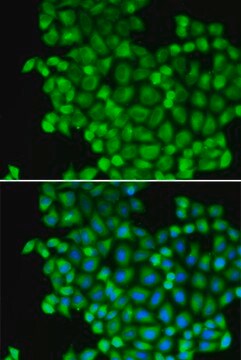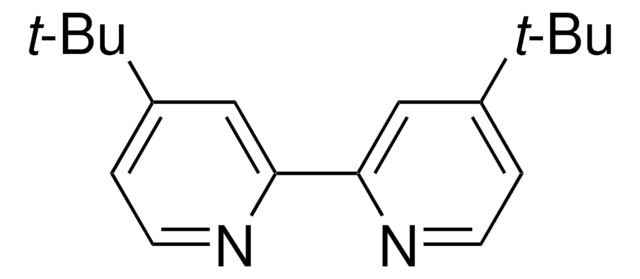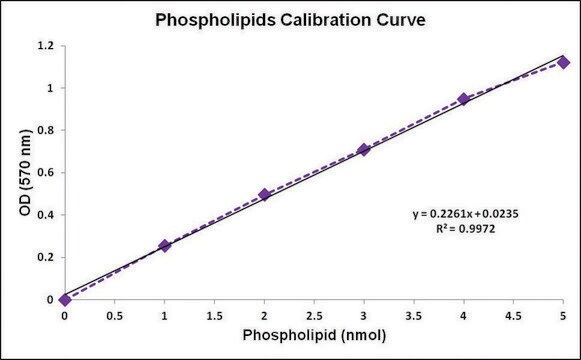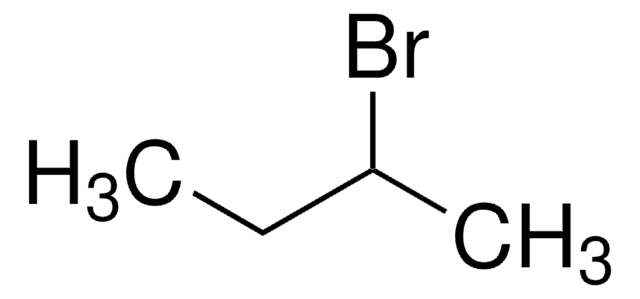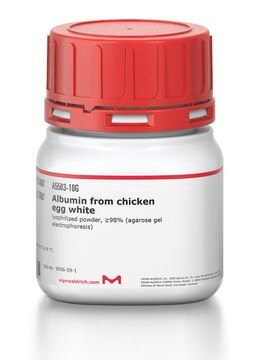ZRB2726
Anti-LDH-A Antibody, clone 1I7 ZooMAb® Rabbit Monoclonal

recombinant, expressed in HEK 293 cells
Sinonimo/i:
Cell proliferation-inducing gene 19 protein, EC 1.1.1.27, L-lactate dehydrogenase A chain, LDH muscle subunit′LDH-M, Renal carcinoma antigen NY-REN-59
About This Item
Prodotti consigliati
Origine biologica
rabbit
Livello qualitativo
Ricombinante
expressed in HEK 293 cells
Coniugato
unconjugated
Forma dell’anticorpo
purified antibody
Tipo di anticorpo
primary antibodies
Clone
recombinant monoclonal
Descrizione
clone 1I7
recombinant, expressed in HEK 293 cells
Nome Commerciale
ZooMAb® learn more
Forma fisica
lyophilized
PM
calculated mol wt 36.69 kDa
observed mol wt ~37 kDa
Purificato mediante
using Protein A
Reattività contro le specie
mouse, monkey, human, rat
Confezionamento
antibody small pack of 25
Caratteristiche più verdi
Waste Prevention
Designing Safer Chemicals
Design for Energy Efficiency
Learn more about the Principles of Green Chemistry.
Convalida avanzata
recombinant expression
Learn more about Antibody Enhanced Validation
sustainability
Greener Alternative Product
tecniche
affinity binding assay: suitable
flow cytometry: suitable
immunohistochemistry: suitable
western blot: suitable
Isotipo
IgG
Sequenza dell’epitopo
C-terminal
N° accesso ID proteina
N° accesso UniProt
Condizioni di spedizione
ambient
Temperatura di conservazione
2-8°C
Informazioni sul gene
human ... LDHA(3939)
Descrizione generale
Specificità
Immunogeno
Applicazioni
Evaluated by Western Blotting in NIH3T3 cell lysate.
Western Blotting Analysis: A 1:10,000 dilution of this antibody detected LDH-A in NIH3T3 cell lysate.
Tested Applications
Western Blotting Analysis: A 1:10,000 dilution from a representative lot detected LDH-A in lysates from COS-7, K562, and PC12 cells.
Affinity Binding Assay: A representative lot of this antibody bound LDH-A peptide with a KD of 3.2 x 10-6 in an affinity binding assay.
Flow Cytometry Analysis: 0.1 µg from a representative lot detected LDH-A in one million K562 cells.
Immunohistochemistry (Paraffin) Analysis: A 1:1,000 dilution from a representative lot detected LDH-A in Human liver tissue sections.
Note: Actual optimal working dilutions must be determined by end user as specimens, and experimental conditions may vary with the end user.
Descrizione del bersaglio
Stato fisico
Ricostituzione
Stoccaggio e stabilità
Note legali
Esclusione di responsabilità
Non trovi il prodotto giusto?
Prova il nostro Motore di ricerca dei prodotti.
Codice della classe di stoccaggio
11 - Combustible Solids
Classe di pericolosità dell'acqua (WGK)
WGK 1
Punto d’infiammabilità (°F)
Not applicable
Punto d’infiammabilità (°C)
Not applicable
Certificati d'analisi (COA)
Cerca il Certificati d'analisi (COA) digitando il numero di lotto/batch corrispondente. I numeri di lotto o di batch sono stampati sull'etichetta dei prodotti dopo la parola ‘Lotto’ o ‘Batch’.
Possiedi già questo prodotto?
I documenti relativi ai prodotti acquistati recentemente sono disponibili nell’Archivio dei documenti.
Il team dei nostri ricercatori vanta grande esperienza in tutte le aree della ricerca quali Life Science, scienza dei materiali, sintesi chimica, cromatografia, discipline analitiche, ecc..
Contatta l'Assistenza Tecnica.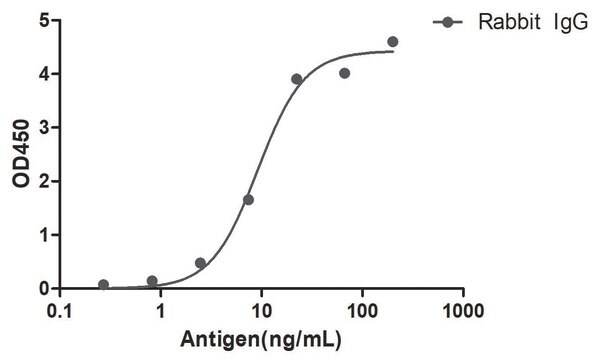
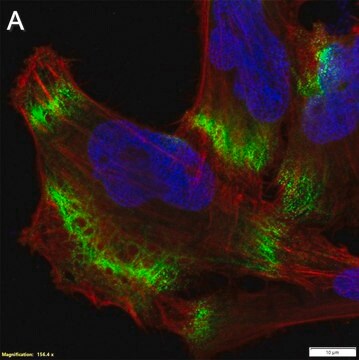
![[4,4′-Bis(1,1-dimethylethyl)-2,2′-bipyridine] nickel (II) dichloride](/deepweb/assets/sigmaaldrich/product/structures/471/091/6faa29b1-bf8a-4d87-90b2-4cc55e082620/640/6faa29b1-bf8a-4d87-90b2-4cc55e082620.png)

